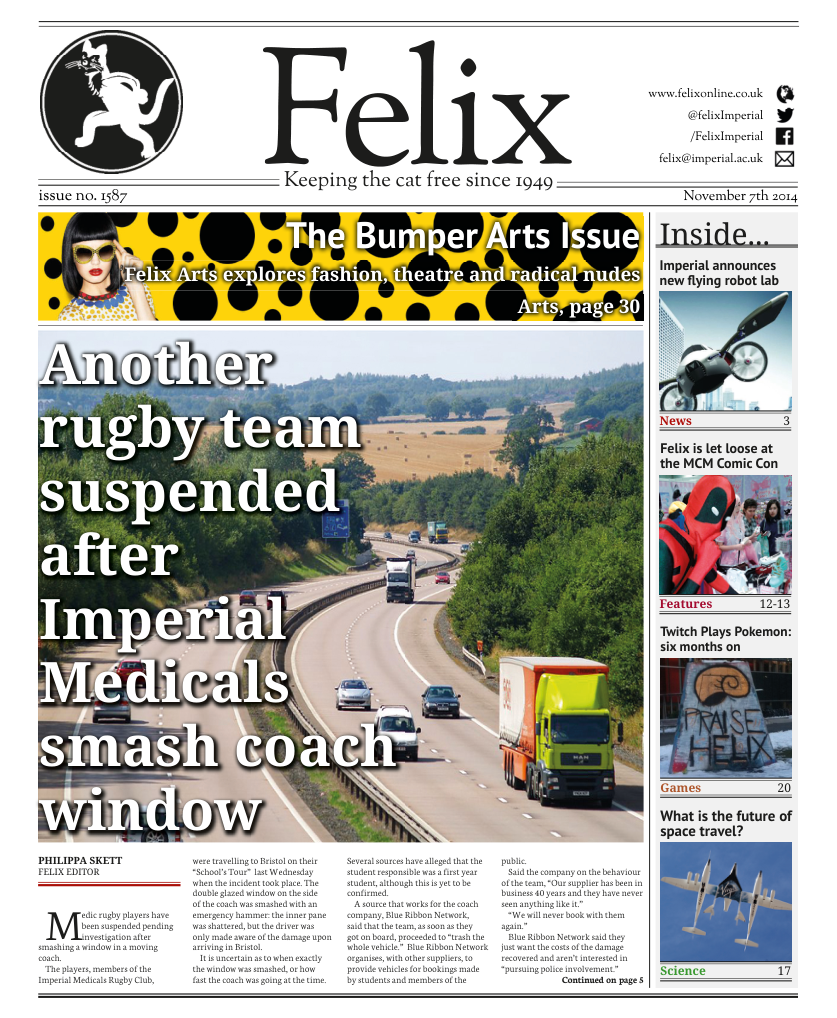Investigation into use of human tissue at Imperial condemned as “insensitive and highly misleading”
Royal British Legion and Imperial College London hit back at accusations made by the Mail On Sunday

An “investigation” into the use of human tissues at Imperial by the Mail on Sunday has been condemned by the College and the Royal British Legion Centre.
The investigation, outlined in an article posted by the Mail on Sunday, detailed how “Human remains are being used in secretive weapons tests funded by the sale of Remembrance Sunday poppies,” at the Royal British Legion Centre for Blast Injury Studies (CBIS), located on the South Kensington campus.
The article went on to describe how “legs, feet and possibly other body parts,” are being imported from America, and then “destroyed in gruesome experiments.” The article described how limbs are regularly transported to the test centre, but highlighted that the College were not answering the Mail on Sunday’s questions as to whether or not the limbs are donated specifically for military tests.
“For the Mail on Sunday to term this as a "macabre trade in human legs and feet" is sensational, false, and deeply offensive.” Royal British Legion
The college released a press statement this morning, hitting back at the article. The College said that, “All human tissue used in the course of research at the Centre – whether from the UK or overseas - has been donated to medical science, with full informed consent, by either the donor or their relatives.”
College also addressed the accusations made by the article about refusing to answer questions, saying that “The College has not refused to name tissue suppliers.
“As the journalist has known since Wednesday 29 October, his inquiry is being handled as a Freedom of Information request.”
The Royal British Legion, a partner with Imperial College, also announced that it “[Deplored] the Mail on Sunday's cynical attempt to discredit our funding of vital scientific research.” The RBL went on to say that “For the Mail on Sunday to term this as a "macabre trade in human legs and feet" is sensational, false, and deeply offensive.”
The Royal British Legion for Blast Injury Studies opened last October. His Royal Highness Prince Harry officially opened the research centre, that looks to reduce the effects of roadside bombs and Improvised Explosive Devices (IEDs).
The centre is funded partly by the Royal British Legion, a charity that provides welfare for the Armed Forces, and recieve a lot of donations through the sale of poppies every year.










